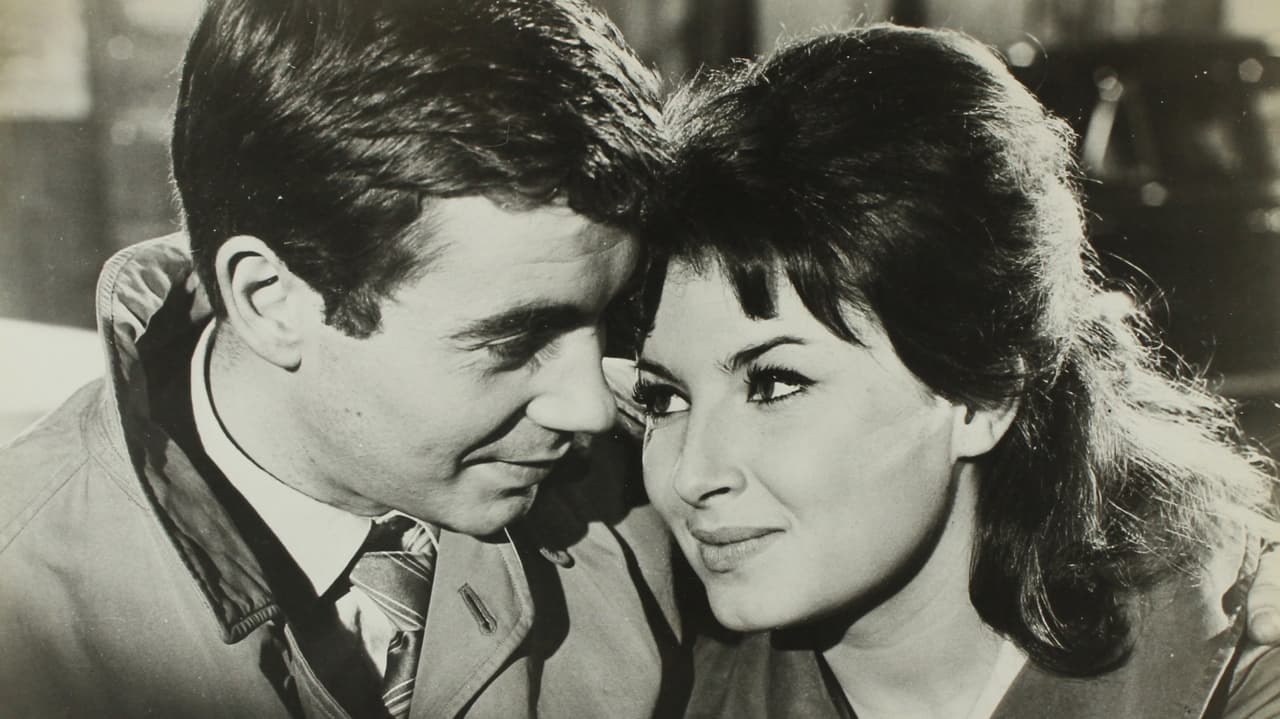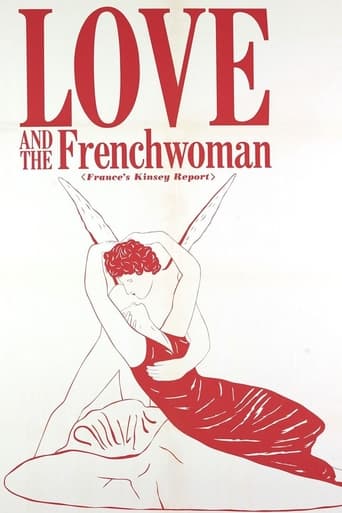

The performances transcend the film's tropes, grounding it in characters that feel more complete than this subgenre often produces.
... View MoreThere is just so much movie here. For some it may be too much. But in the same secretly sarcastic way most telemarketers say the phrase, the title of this one is particularly apt.
... View Moreit is the rare 'crazy' movie that actually has something to say.
... View MoreThe movie is made so realistic it has a lot of that WoW feeling at the right moments and never tooo over the top. the suspense is done so well and the emotion is felt. Very well put together with the music and all.
... View MoreMany very good French actors when they were younger: Jean-Paul Belmondo, François Périer, Claude Rich, Annie Girardot, Michel Serrault, Paul Meurisse, Marie-José Nat, Dany Robin, Martine Carol. Many very good French directors when they were younger: Henri Verneuil, René Clair, Jean Delannoy, Jean-Paul Le Chanois, Henri Decoin, Christian-Jaque, Michel Boisrond. But the film is not great, it is very didactic and infantile.
... View MoreThe seven stages in the life of the modern Frenchwomen are disclosed by seven directors in a witty way: (1) Childhood: a girl asks her parents how the children are born and the adults do not know how to explain. They discuss the subject with her teacher and friends and find an unreasonable explanation. (2) Adolescence: A teenager flirts and kisses many boys and her parents are worried about her behavior. (3) Virginity: A young hairdresser is in doubt whether she shall go to bed with her fiancé. She decides to spend her first night with him before their wedding and they go to a hotel. However, she hesitates and her fiancé surprisingly decides to wait for a next time. (4) Marriage: A recently married couple travels by train to Paris for their honeymoon. During the trip, their marriage is affected by jealousy and selfishness. (5) Adultery: After ten years of marriage, a twenty-nine year-old woman is frustrated with the attitudes of her husband. When they have dinner with another couple, a young man flirts with the married woman and they have a love affair. When her husband discovers that his wife has a lover, his reaction is totally unexpected. (6) Divorce: A married couple realizes that they are now only friends and their relationship has no longer sex drive. They decide to have an amicable divorce, but her mother, their friends and the lawyers spoil their friendship. (7) The Single Woman: A Don Juan seduces women to take advantage. However, when he meets a saleswoman that lives with an old lady and a repressed friend, he seduces both women and ends in prison.The seven segments of "La Française et l'Amour"have funny and also dated moments, but in general they are entertaining. My favorite is the first one ("Childhoo"), the fifth ("Adultery") and the sixth ("Divorce"). It is funny to see how a modern society in 1960 is do dated fifty-one years later. My vote is seven.Title (Brazil): "A Francesa e o Amor" ("The Frenchwoman and the Love")
... View MoreThis is an interesting film because like several other European films of the 1960s it's an anthology--directed by several different people. However, unlike many such films, this one actually plays almost like one long story instead of a collection of short films--especially because in a few stories, the characters appear to be the same--just older. Each story is about a different aspect of love--such as curiosity, marriage, infidelity and divorce. They all purport to be about women, though without the men in the film, none of these stories would have worked! Now compared to American films of 1960, this film might have seemed a tad bawdy. After all, it talked about adultery, premarital sex and the like, though a few American films of the day actually were beginning to address these issues as well--just not quite as quickly and directly as this film. Though, even for the supposedly open French, it was cute to see that the French parents, too, struggled with telling their kids the true facts of life. Also, while the film could seem a bit amoral in not openly condemning adultery, the film also seemed to affirm marriage in the cute segment where divorce lawyers and a nosy mother managed to ruin a perfectly good divorce.Overall, the directing, writing and acting were all very good and I really had a hard time telling that they actually used multiple directors, as they all seemed well integrated into the film and were universally entertaining.
... View MoreThis is one of the innumerable portmanteau films which flooded the European market during the 50s and 60s. I haven't watched that many of them and, actually, have a few on VHS which I still need to check out! It isn't anything special, really, but certainly passes the time agreeably enough - featuring some amusing animation during the narrated linking sequences.None of the seven directors creates a classic with his individual segment - but, as is to be expected, some episodes are better than others: the funniest is the first by Decoin about the dilemma parents face when it is time for them to explain to their children how babies are born; the fourth segment by Clair is fairly sophisticated but rather lacks the wit of his best work; the fifth by Verneuil concerns adultery, with the two men involved played by Paul Meurisse (the husband) and Jean-Paul Belmondo (the lover); the sixth episode by Christian-Jaque about the surmounting legal problems of a couple about to divorce (despite their mutual consent to it!) is delightfully enacted by Annie Girardot and Francois Perier; the rest are watchable but not especially rewarding.By the way, though the film is supposed to be 143 minutes long, the Fox Lorber DVD ran for only 132!
... View More